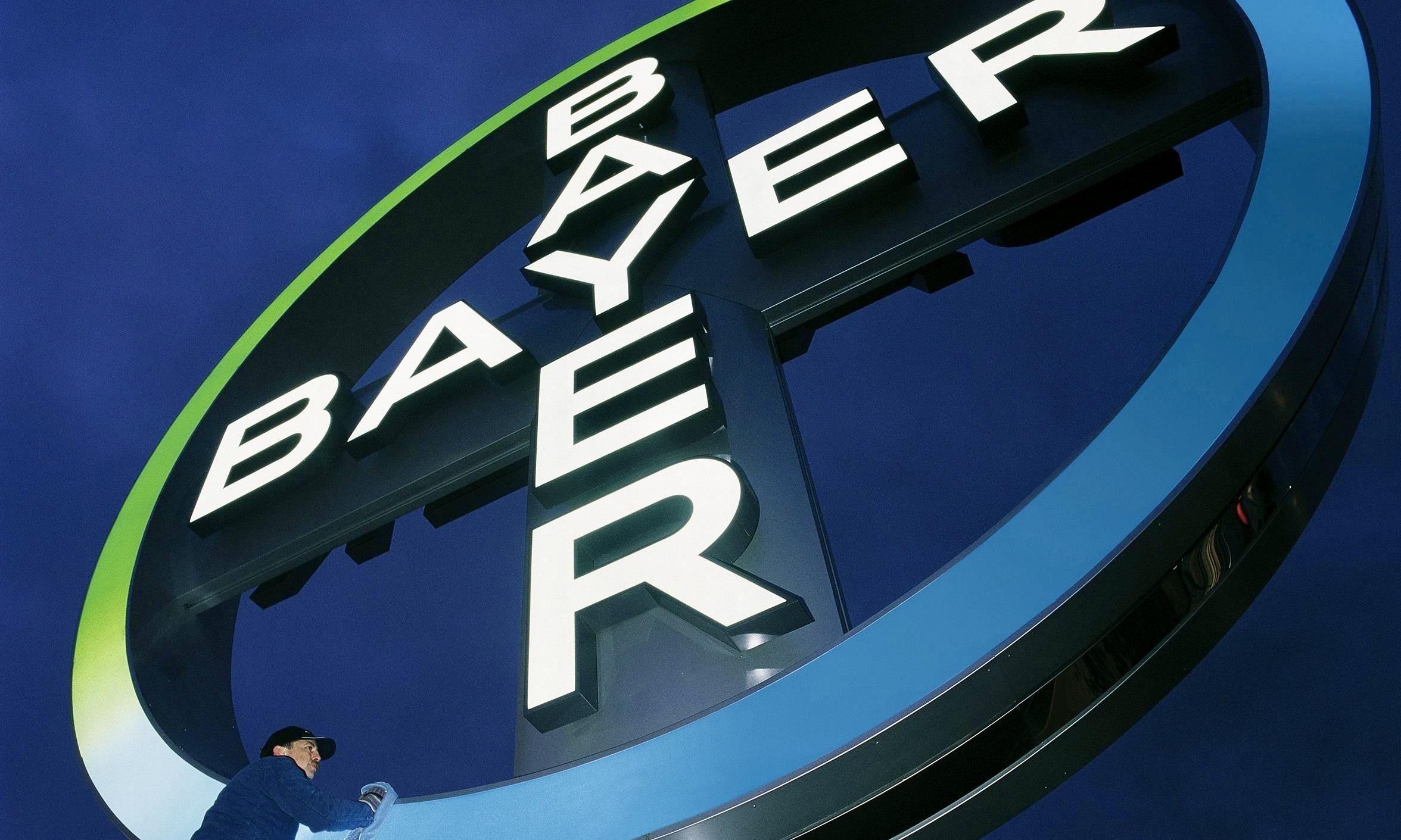Bayer announced the premature termination of a significant late-stage trial for an experimental anti-clotting drug. The trial was halted due to the drug's inferior performance when compared to Bristol-Myers Squibb and Pfizer's well-established Eliquis in preventing strokes among high-risk patients.
The development dealt a major blow to the embattled German pharmaceutical giant and raised concerns about the fate of its most promising medium-term project, observed Reuters.
Setback for Bayer Amidst Ongoing Challenges
The trial's halt, following the recommendation of independent trial supervisors, represents yet another setback for Bayer. Yahoo noted that the company has been grappling with a weak herbicide business, mounting debt, and the burden of U.S. lawsuits related to the alleged carcinogenic effects of its widely-used Roundup weedkiller.
Taking the helm as the new CEO, Bill Anderson intends to explore options to revitalize Bayer's battered share price. Efforts include potentially dividing the company into separate entities and streamlining management decision-making through the reduction of management positions.
Bayer will conduct a comprehensive analysis of the trial's data following its discontinuation. Known as OCEANIC-AF, the trial was initiated in August 2022.
The company stated that the trial's safety data remained consistent with prior studies. While this trial was halted, the independent supervisors recommended continuing a separate phase III trial named OCEANIC-STROKE.
This trial aims to evaluate the efficacy of asundexian in preventing recurring strokes among participants who have already experienced one.
Bayer’s Ambitious Goals and Implications
Bayer had set an ambitious goal for asundexian, aiming to generate over 5 billion euros in peak annual sales. This objective sought to compensate for declining revenue from one of Bayer's pharmaceutical best-sellers, the blood thinner Xarelto.
The patent protection for Xarelto in key European markets is set to expire in 2026. Consequently, the trial's termination also poses a setback for Stefan Oelrich, the head of Bayer's pharmaceutical unit. Oelrich had relied on asundexian's success to drive significant expansion in the United States market, the largest pharmaceutical market globally.
In contrast to its partnership on the Xarelto franchise, where Bayer shared development costs with Johnson & Johnson and ceded most of the U.S. market, Bayer embarked on the asundexian studies independently. The company had prepared to make substantial investments in U.S. marketing and distribution.
Bayer's stock price has fluctuated due to the challenges it faces, and concerns among shareholders have escalated.
Photo: Bayer Newsroom



 Weight-Loss Drug Ads Take Over the Super Bowl as Pharma Embraces Direct-to-Consumer Marketing
Weight-Loss Drug Ads Take Over the Super Bowl as Pharma Embraces Direct-to-Consumer Marketing  Uber Ordered to Pay $8.5 Million in Bellwether Sexual Assault Lawsuit
Uber Ordered to Pay $8.5 Million in Bellwether Sexual Assault Lawsuit  Novo Nordisk and Eli Lilly Cut Obesity Drug Prices in China as Competition Intensifies
Novo Nordisk and Eli Lilly Cut Obesity Drug Prices in China as Competition Intensifies  SpaceX Pushes for Early Stock Index Inclusion Ahead of Potential Record-Breaking IPO
SpaceX Pushes for Early Stock Index Inclusion Ahead of Potential Record-Breaking IPO  Hims & Hers Halts Compounded Semaglutide Pill After FDA Warning
Hims & Hers Halts Compounded Semaglutide Pill After FDA Warning  U.S. Vaccine Policy Shifts Under RFK Jr. Create Uncertainty for Pharma and Investors
U.S. Vaccine Policy Shifts Under RFK Jr. Create Uncertainty for Pharma and Investors  TrumpRx.gov Highlights GLP-1 Drug Discounts but Offers Limited Savings for Most Americans
TrumpRx.gov Highlights GLP-1 Drug Discounts but Offers Limited Savings for Most Americans  Sanofi to Acquire Dynavax in $2.2 Billion Deal to Strengthen Vaccine Portfolio
Sanofi to Acquire Dynavax in $2.2 Billion Deal to Strengthen Vaccine Portfolio  TSMC Eyes 3nm Chip Production in Japan with $17 Billion Kumamoto Investment
TSMC Eyes 3nm Chip Production in Japan with $17 Billion Kumamoto Investment  Global PC Makers Eye Chinese Memory Chip Suppliers Amid Ongoing Supply Crunch
Global PC Makers Eye Chinese Memory Chip Suppliers Amid Ongoing Supply Crunch  SpaceX Prioritizes Moon Mission Before Mars as Starship Development Accelerates
SpaceX Prioritizes Moon Mission Before Mars as Starship Development Accelerates  Washington Post Publisher Will Lewis Steps Down After Layoffs
Washington Post Publisher Will Lewis Steps Down After Layoffs  Rio Tinto Shares Hit Record High After Ending Glencore Merger Talks
Rio Tinto Shares Hit Record High After Ending Glencore Merger Talks  Eli Lilly and Novo Nordisk Battle for India’s Fast-Growing Obesity Drug Market
Eli Lilly and Novo Nordisk Battle for India’s Fast-Growing Obesity Drug Market  Nasdaq Proposes Fast-Track Rule to Accelerate Index Inclusion for Major New Listings
Nasdaq Proposes Fast-Track Rule to Accelerate Index Inclusion for Major New Listings  Sanofi Gains China Approval for Myqorzo and Redemplo, Strengthening Rare Disease Portfolio
Sanofi Gains China Approval for Myqorzo and Redemplo, Strengthening Rare Disease Portfolio 






























